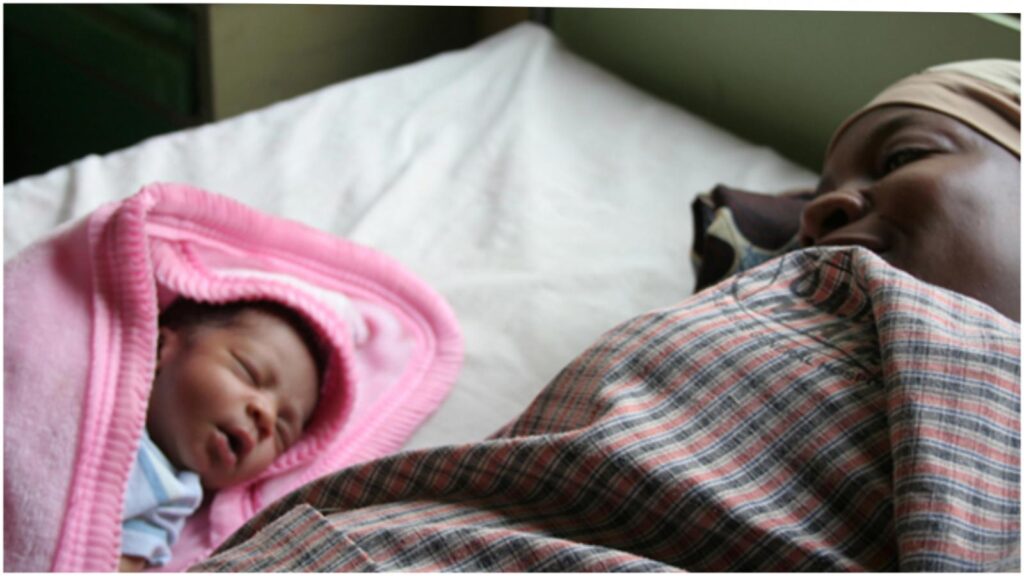
In a bold move aimed at addressing the alarming rates of maternal mortality in remote African regions, the Bill & Melinda Gates Foundation has introduced groundbreaking portable ultrasound technology.
President of gender equality at the foundation, Dr. Anita Zaidi shared insights into this innovative solution during the 2024 WomenLift Health Global Conference in Dar es Salaam, Tanzania.
Highlighting the stark reality of pregnancy-related complications, Zaidi emphasised that nearly 300,000 women and over four million newborns succumb to such complications annually, with low- and middle-income countries bearing the brunt of this burden. The introduction of compact ultrasound devices, equipped with artificial intelligence capabilities, represents a significant stride toward revolutionising prenatal care and mitigating these tragic outcomes.
Describing the ultrasound devices as compact as a water bottle, Zaidi underscored their potential to democratise access to critical imaging technologies, enabling early detection of life-threatening conditions and high-risk pregnancies. Field testing has demonstrated its effectiveness in surpassing human capabilities, particularly in estimating gestational age, thereby enhancing diagnostic accuracy and improving maternal and child health outcomes.
With a steadfast commitment to bridging healthcare disparities, the Bill & Melinda Gates Foundation aims to catalyse transformative change through strategic partnerships and innovative solutions. Zaidi expressed optimism about the impact of these portable, affordable, and AI-enabled ultrasound devices in driving equitable access to lifesaving interventions worldwide.
Beyond ultrasound technology, Zaidi discussed other groundbreaking initiatives spearheaded by the foundation, including the development of vaccine microneedle array patches (VMAPs). These patches offer a promising solution to the logistical challenges of traditional vaccine administration, particularly in resource-constrained settings, by enabling safe and efficient vaccine delivery.
Moreover, she highlighted the transformative potential of next-generation diagnostic systems and innovative contraceptive technologies in enhancing healthcare delivery and empowering women to make informed reproductive choices. From low-cost tests to novel contraceptive methods, these innovations represent a paradigm shift in disease testing and family planning services, offering hope for improved health outcomes and enhanced quality of life.
Addressing the pressing need to prevent cervical cancer, Zaidi emphasised the critical role of human papillomavirus (HPV) vaccines in reducing disease burden. Despite the efficacy of HPV vaccines, millions of girls and women lack access to them, highlighting the urgency of expanding vaccine coverage through innovative strategies such as one-dose regimens.
While significant progress has been made in reducing maternal mortality rates, persistent challenges remain, particularly in vulnerable and marginalised communities. Health inequities, exacerbated by ongoing crises such as conflicts and epidemics, underscore the importance of sustained efforts to strengthen healthcare systems and improve access to essential services.
As the Bill & Melinda Gates Foundation continues its mission to promote global health equity, initiatives like portable ultrasound technology offer a ray of hope in the fight against maternal mortality, signalling a brighter future for mothers and children in remote African healthcare settings.

